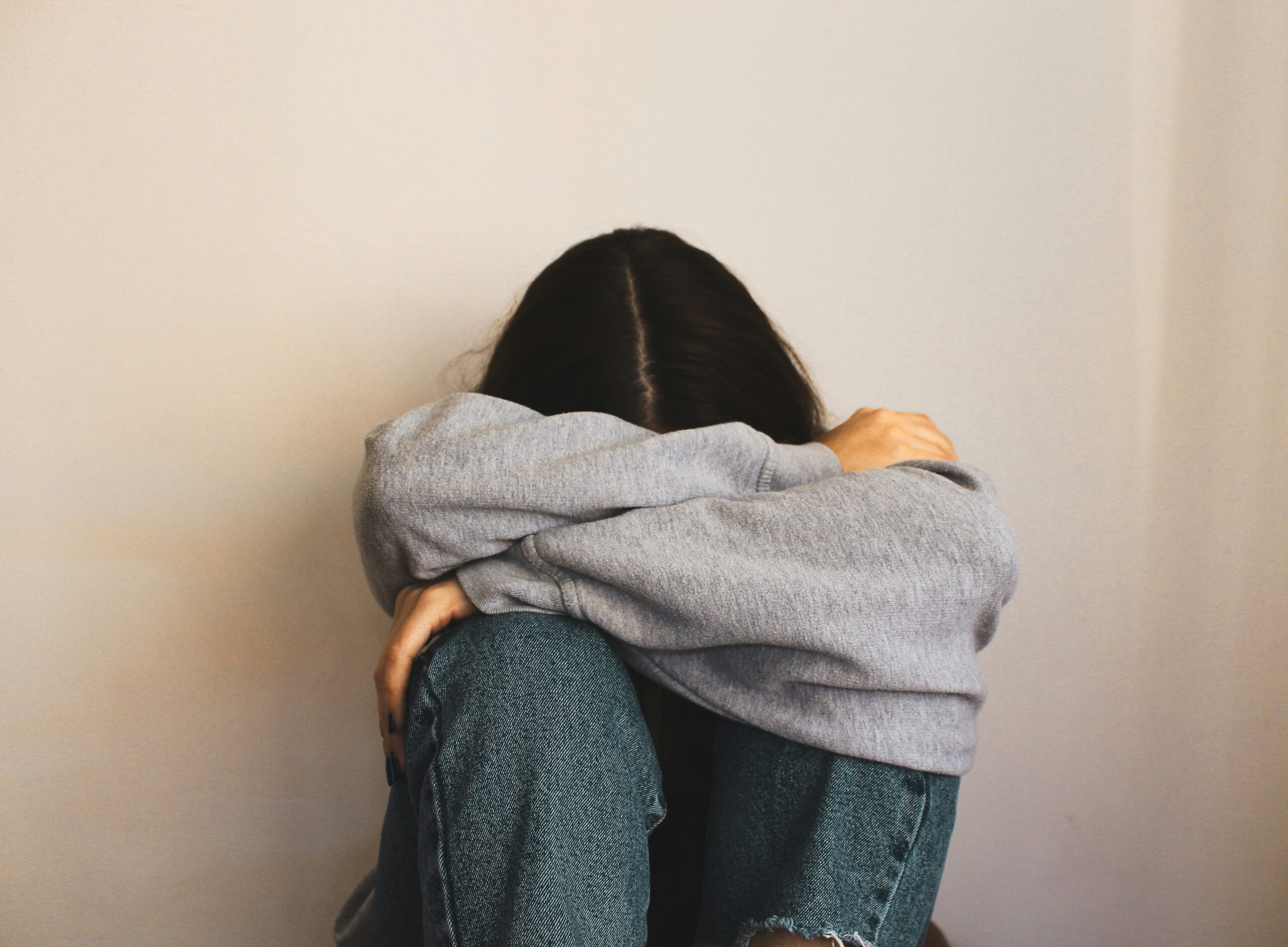From the FPA Young Patients Committee
When you are chronically ill and have something as painful and unique as facial pain, it is very easy to get overwhelmed and experience burnout. More often than not, when you hear the term “burnout,” it is used in reference to working a very taxing job and being overwhelmed to the point that you lose all passion for the work you do, along with the drive to even follow your dreams.
Chronic illness, in and of itself, is more than a full-time job. It can be 24/7. And because of that, chronic illness can also cause burnout.
Trying to maintain your overall health, seeing multiple specialists and doctors, and frequent appointments can oftentimes become overwhelming. On top of that, the medications you take can cause side effects like fatigue, depression, anxiety, and other symptoms often experienced during burnout. The stress of living with pain and its effects on your everyday life can be daunting. It can take a huge toll on your physical, emotional, and mental health. That’s why it is so important to not only know the signs of burnout, but to be able to recognize when you may be drifting into it. It’s also imperative that you learn strategies to prevent it from the start. Here is a look at what burnout is, how to recognize it, and how to prevent it.
What is burnout?
Burnout is something that can affect anyone emotionally, mentally, and physically. It comes from a prolonged state of stress. Facial pain is very stressful to experience on its own – it is felt not only in the face and head, but also impacts your whole body.
How do I know if I am experiencing burnout from chronic illness/facial pain?
Stress and Overwhelm
Illness is stressful. Chronic illness and facial pain go hand in hand with continuous stress. It can influence everything about your everyday life. Things such as school, work, parenting, etc., may be impacted along with relationships and friendships.
Irritability, Anger and Frustration
Feeling these emotions can be quite normal for many, but if it has progressed to the point where you don’t feel like yourself, you may be experiencing these emotions due to burnout.
Depression
Some chronic illness patients have depression outside of their physical health; others may have developed depression after their illness showed up. Depression can be a condition as a byproduct of illness. It can also be a sign of burnout.
Trouble Sleeping
Chronic pain can cause quality sleep to become incredibly difficult and even impossible at times. Lack of sleep makes it harder to work through the challenges of facial pain and affects your emotional and mental health. Did you know that struggling to sleep and experiencing insomnia can indicate burnout?
Dread
Feeling a sense of dread about approaching doctor’s appointments and having to go to those appointments are often clear signs that burnout is present. The dread of managing your health, even though you know it to be beneficial, can be due to being overwhelmed by a chronic illness.
Avoidance
Avoidance can go hand in hand with dread. The dread may lead to avoidance when trying to look after your health. Avoiding scheduling doctor’s appointments, avoiding going to scheduled doctor’s appointments, putting off refilling medications on time, or not picking up those medications from the pharmacy because it feels so overwhelming to do so are telltale signs of burnout in managing your health.
If these and more symptoms are possible signs of burnout, how can you counter or prevent burnout when you have conditions that are ever-present and won’t go away? That’s a great question!
Countering and preventing burnout also go hand-in-hand. Once you work on countering burnout, you will find ways that help you. And you can use those ideas to help prevent burnout in the future.
Here are some tips to counter and prevent burnout:
Self-Compassion
First, try not to shame yourself for feeling burnout due to your chronic illness. Experiencing the symptoms of burnout does not mean that you do not care about your health. Be gentle with yourself. You are doing your best.
Being Mindful of Our Self-Talk
This is such an important piece to the puzzle. It’s easy to tear yourself down when you feel like you should be getting those calls to the insurance company done, scheduling appointments and tests, and all the things that can take up your day due to having chronic illness. You may not be able to get everything done in one day. That is okay. It does not mean you are failing. You can only take things one day, one hour, and one minute at a time. You are amazing!
Self-Care
We hear a lot about self-care these days, we know. But it does make a difference and can help counter and prevent burnout. The awesome thing about self-care is that you get to decide how that looks for you! It’s an individual thing. Some may find that meditation is what works for them while another may find journaling to be the key, or another person takes walks in nature. Finding that one thing, or even a combination of things for your self-care can be a huge help! If you want to read more about mindfulness, meditation and deep breathing, check out the article that the YPC wrote for the Spring 2023 Quarterly.
Take Time for Your Hobbies
It’s extremely easy to get caught up in the pain and overwhelm of your health that you lose sight of things that give you joy. We understand. Sometimes, you don’t have the energy to engage in the hobbies you love. If one of your hobbies is something you can no longer experience due to your health, try to look for other things that bring you joy. We have facial pain; that doesn’t mean we shouldn’t feel excitement and happiness from something we enjoy.
Talk About Your Burnout with Someone You Trust
Bottling up what is overwhelming you only adds to your negative feelings. You are not a burden; you don’t need to carry a burden all on your own to be strong. You are always strong, even when you don’t feel like you are. You are no less strong for talking about what is overwhelming you. You don’t have to go through burnout alone. There are people who care. Talking to a friend, loved one, or therapist can help. Checking out a YPC support group meeting might also be a good option! Not only can you talk in a safe space, but you can be amongst others who “get it.”
Sleep
Getting a good night’s sleep can make a huge difference. It can help to prevent burnout; and of course, it’s also good for our overall health. Trying out some sleep meditations and relaxation techniques might help. You can also talk to your doctor to see if they can help you get some relief from sleep difficulties.
Eliminating Unnecessary Stress
This can be a hard one. Saying “no” more often to honor your emotional and mental health can help prevent burnout. Not taking on more tasks when you are currently burnt out can also be incredibly important. Saying “no” to others can be hard at times, but it is vital. If you find it difficult to say no even when you know you need to, reframe the narrative! You are not saying no, you are saying yes to yourself and your mental health. You’ve got this!
Free Time
You need to prioritize time for yourself. It seems that not doing this is also one thing that leads to burnout. Try scheduling free time for yourself to be able to relax by filling that time with whatever brings you peace and joy. When others are asking too much from you, let them know you have something on the calendar. And you do – it’s called free time!
Pace Yourself
Managing chronic health is very demanding on your mind and body. The many doctor’s appointments, paperwork, pharmacy runs, etc., can wear you out. We know you get it. Pacing yourself helps with overwhelm. If possible, schedule appointments with time in between. Try adding in a fun activity while out for your appointment, whether it’s bringing a book to read on a park bench or taking a stroll and soaking up that sunshine. Sometimes, sitting in the grass and grounding yourself in nature can also do the trick. You can plan something to look forward to after your completed appointment, like cuddling with your fur baby as you watch a favorite movie. The goal is to take breaks from stress and stay connected to the things that bring you joy.
Burnout is tough. If you are experiencing burnout, please know that many people have experienced the exact same emotions and understand what you are going through. You do not have to go through burnout alone – you are never alone. Reach out to the YPC via email or social media at any time. We are always here for you!
























